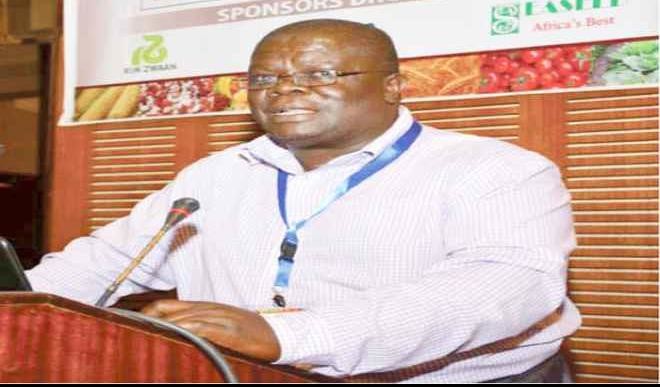What Nigeria can learn from Kenyan seed industry – Expert
You have worked extensively across Africa and have better understanding of the continent’s seed industry; how will you describe access to quality seeds by many farmers in Sub-Saharan Africa? Access to quality seeds is still a challenge to many farmers because of cost and because of various climatic differences. In some countries, accessing quality seeds […]


You have worked extensively across Africa and have better understanding of the continent’s seed industry; how will you describe access to quality seeds by many farmers in Sub-Saharan Africa?
Access to quality seeds is still a challenge to many farmers because of cost and because of various climatic differences. In some countries, accessing quality seeds is stifled by inadequate supply, in others it is inhibited by unwillingness to buy seeds. Many farmers in Africa still rely on their own seeds thereby making uptake of seeds to be very low in Africa. New varieties are hardly taken up by farmers because of lack of knowledge of what the varieties can do in an environment littered with poor perception about breeder seeds. African farmers’ uptake of new varieties stands at about 25 per cent.
Reports from Kenya indicate that the seed industry is better organised. How did the East African country achieve that?
Countries like Kenya have farmers who have resorted to commercial farming. They need quality seeds, so they buy because the return on investment is assured. Seed companies, therefore, have to up their game because of a ready market.
Secondly, seed business is very active because the three countries depend on each other: Kenya, Uganda and Tanzania. Kenya is, however, leading because of the amount of investment the government puts in seed production through the giant Kenya Seed Company and the robust research work being carried out by the Kenya Agricultural and Livestock Research Organisation (KALRO).
Can you briefly tell us about the event that brought you to Nigeria?
We came to sensitise the seed companies in Nigeria on the benefits of the GM technology. We also came to share with them issues of bio-safety and regulations. This is because researchers do their work for seed companies who must sell to the farmers. If they do not understand the technology, they will reject it. Hence we met and discussed which way they should take. I am happy to report that a majority of seed companies have accepted the technology and were able to speak out in public today to say, the moment now is the moment of biotechnology.
Do you think it is high time Africa embraced biotech?
As it were, the answer is yes. We have chalenges with our soils, with climate change, with seeds, water, name it, yet the population is growing so fast.
With more mouths to feed, we need better yields and better quality seeds which biotech guarantees us. This does not mean that we do away with conventional breeding, never: because the two complement each other.
What do you think has been the major issue with people accepting GM seeds across Africa?
Acceptance has been low, but it is improving. Two major factors are responsible for our fortunes: these are the negative publicity from Europe and in communication. Negative news sells better than positive news. Europe is fighting America in this technology: it is more of a trade war than a scientific war.
The other factor is that African governments have not taken bold steps to thumb their authority and position on the GM technology. They need to provide a conducive environment for the take off of the GM revolution.
How can Nigeria learn from the Kenyan seed industry?
Nigeria needs to invest in seed production. They need to look at farming as commerce and not as a way of subsistence by the way.
